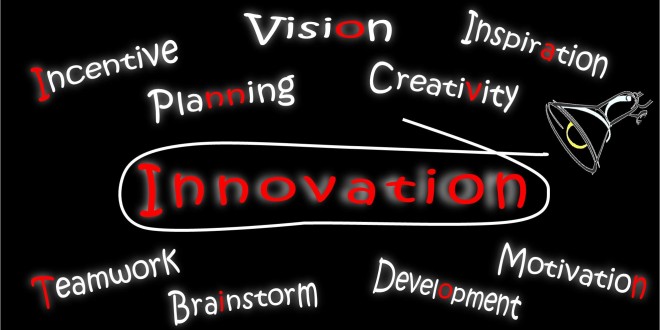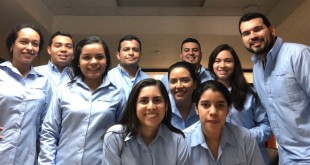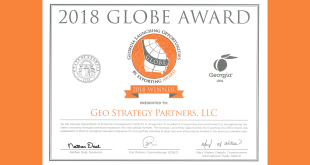Study results recently released by the National Bureau of Economic Research indicate the source of an innovative idea matters. Authors of The Acquisition and Commercialization of Invention in American Manufacturing: Incidence & Impact① indicate that “of the 18% of the manufacturing firms that innovated (i.e. had introduced a product that was new to the market) between 2007 and 2009, 49% report that their most important new product originated from an identified outside source.” Not only that, inventions acquired from customers were less valuable than those acquired from technology specialists (universities, independent inventors, and R&D service firms). The authors infer that if inventive ideas from outside sources were removed, the percentage of innovating firms in the American manufacturing sector drops from 18% to 10%.
US manufacturing needs more efficient tech transfer protocols. What better shot in the arm than tech transfer from America’s National Labs? As currently configured, the National Labs (NLs) are not optimized to contribute to US manufacturing innovation: the system needs to evolve. This idea is gathering steam in Washington as organizations as diverse as the Information Technology & Innovation Foundation, the Heritage Foundation, and the Center for American Progress, and individuals as diverse as Senators Marco Rubio (R-FL), Mark Kirk (R-IL) and Dick Durbin (D-IL) have lined up behind the American INNOVATES Act (INNOVATES = Implementing New National Opportunities To Vigorously Accelerate Technology, Energy, and Science). The American INNOVATES Act lays out means for transferring of NL R&D results to the private sector; improving NL operations and performance; developing a coordinated strategy for the NLs in the 21st century; giving NL directors signature authority for cooperative R&D agreements up to $1 million; permitting NL directors to use DOE tech transfer to carry out early-stage and pre-commercial technology demonstration activities. There are other provisions in the bill’s language that similarly benefit the private sector. https://beta.congress.gov/bill/113th-congress/senate-bill/1973/text
US manufacturers would benefit from this shot in the arm. Washington, let’s get it done.
① The Acquisition and Commercialization of Invention in American Manufacturing: Incidence and Impact, by Ashish Arora, Wesley M. Cohen, John P. Walsh, National Bureau of Economic Research, Working Paper No. 20264, June 2014
Nancy Musselwhite is Senior Consultant of Geo Strategy Partners, a B2B/Industrial focused market research and Strategy consulting firm.
 GeoCache Where you are… Where you need to be… How you get there
GeoCache Where you are… Where you need to be… How you get there






